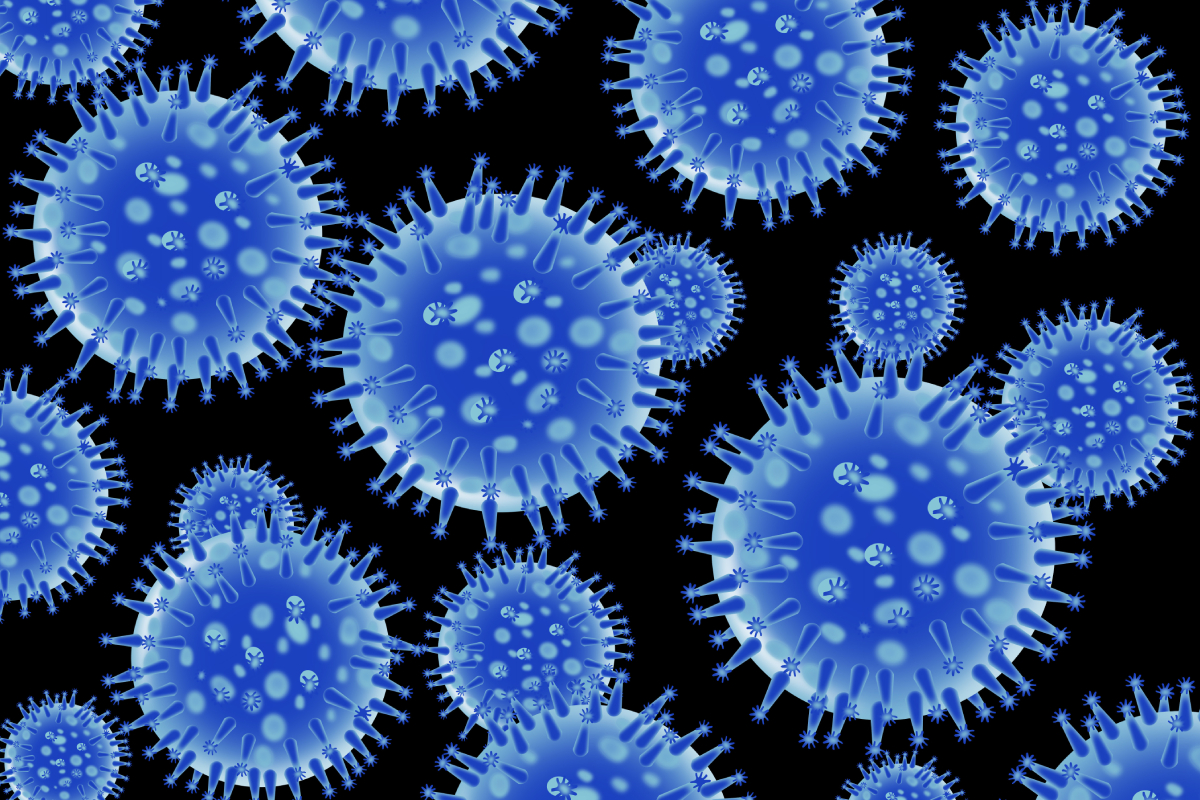Number of Covid-19 infection has seen an alarming rise after several months, forcing the Central and state governments to ramp up testing and implement preventive measures owing to the emergence of its new variant XBB 1.16.
India reported 699 infections and two deaths on Tuesday, pushing the country’s total caseload to more than 6000. The variant, which was detected just 15 days ago, has seen a jump of whopping 281 per cent.
At least 76 cases of XBB 1.16 variant have been found in Karnataka, Maharashtra, Delhi, Telangana, Gujarat, Himachal, and Odisha, according to Indian SARS-CoV-2 Genomics Consortium (INSACOG).
As per reports, the new Covid variant is now present in 14 countries with India leading the pack.
India has reported an increase of 281 per cent in Covid-19 infections and 17 per cent jump in deaths, observes Vipin M Vashishtha, former convenor of Indian Academy of Pediatrics and consultant pediatrician at Mangla Hospital and Research Centre, Bijnor.
On March 11, Union health ministry raised concerns over the continuous rise in Covid-19 test positivity rates in some states and shot a letter to states and Union territories asking them to address the issue “promptly”.
“Despite low number of new cases, equally low number of hospitalisations and significant advances made in terms of COVID-19 vaccination coverage, there is still a need to remain vigilant and focus on fivefold strategy of test-track-treat- vaccination and adherence to COVID appropriate behaviour,” reads the letter.
Dr Meenakshi Jain, director of internal medicine at Max Hospital, Patparganj describes XBB 1.16 variant as a “little different” owing to its mutations.
Speaking to The New Indian, Dr Jain observed that the variant’s strength is not something to be concerned about due to low chances of patient hospitalisation and mortality.
“It is a mild variation. It mostly causes cough, fever and mild infection in lower respiratory tract. Loss in taste and smell is not significantly noticeable,” she says, adding that the number of Covid-19 cases is rising because the surge in H3N2 influenza.
She said, “Since we are now conducting more tests, more cases are coming to the fore. Seasonal change also factor in.”
Dr Jain said that government-prescribed Covid-appropriate behaviour is the most-effective way to prevent infections which, she said, may cause serious illness in people with low immunity and comorbid conditions.
“If people don’t get into the habit of wearing face masks again, it will lead to increase in infections as well as hospitalisations particularly among the patients who suffer from diabetes, heart disease, cancer or no immunity.”
Dr Jain said people with low immunity are exposed to chances of dual infections as was in the case of an MBBS student in Maharashtra, who died of Covid-19 and H3N2.
If detected with XBB 1.16, the patient should take leave and isolate themselves at home.

